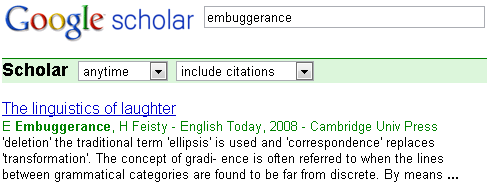Following up on my post "Rhetorical testosterone and analytical hallucinations" (7/1/2010), Linda Seebach sent a link to a column in which Mark Steyn complained about president Obama's "passivity" ("Obama's lazy tribute to Daniel Pearl", 5/21/2010):
Like a lot of guys who've been told they're brilliant one time too often, President Obama gets a little lazy, and doesn't always choose his words with care. And so it was that he came to say a few words about Daniel Pearl, upon signing the "Daniel Pearl Press Freedom Act." Pearl was decapitated on video by jihadist Muslims in Karachi on Feb. 1, 2002. That's how I'd put it. This is what the president of the United States said:
"Obviously, the loss of Daniel Pearl was one of those moments that captured the world's imagination because it reminded us of how valuable a free press is."
Now Obama's off the prompter, when his silver-tongued rhetoric invariably turns to sludge. But he's talking about a dead man here, a guy murdered in public for all the world to see. Furthermore, the deceased's family is standing all around him. And, even for a busy president, it's the work of moments to come up with a sentence that would be respectful, moving and true. Indeed, for Obama, it's the work of seconds, because he has a taxpayer-funded staff sitting around all day with nothing to do but provide him with that sentence.
Instead, he delivered the one above, which in its clumsiness and insipidness is most revealing. First of all, note the passivity: "The loss of Daniel Pearl." He wasn't "lost." He was kidnapped and beheaded. He was murdered on a snuff video. He was specifically targeted, seized as a trophy, a high-value scalp. And the circumstances of his "loss" merit some vigor in the prose. Yet Obama can muster none.
Read the rest of this entry »
 ;
;